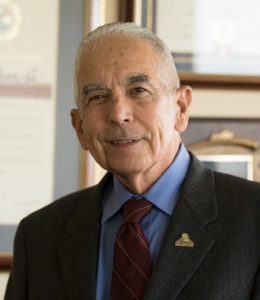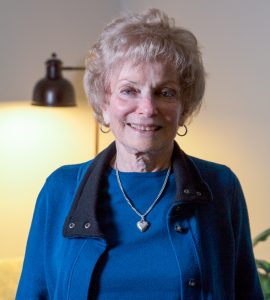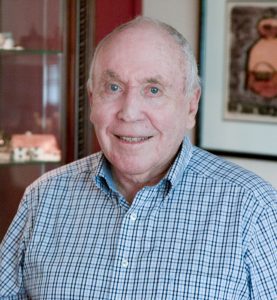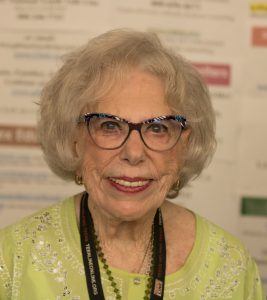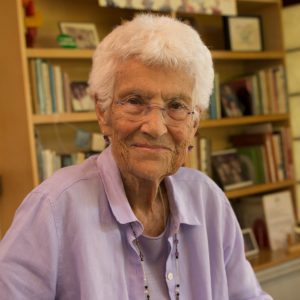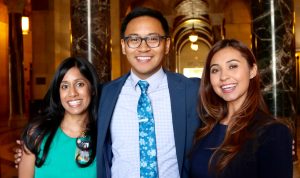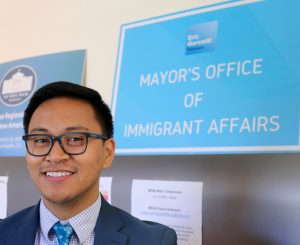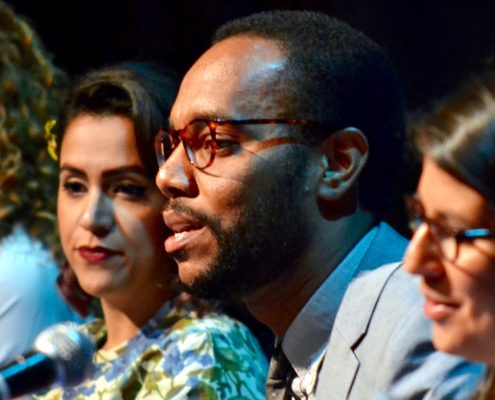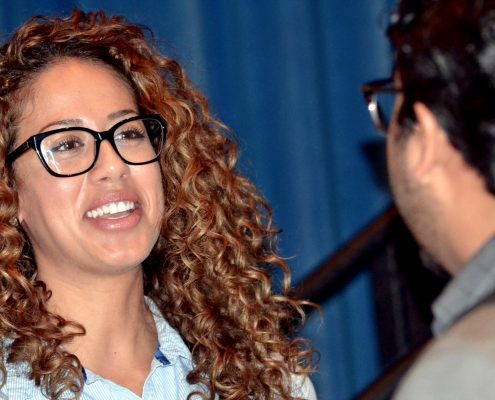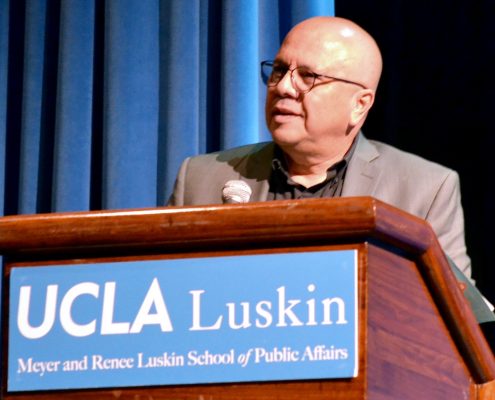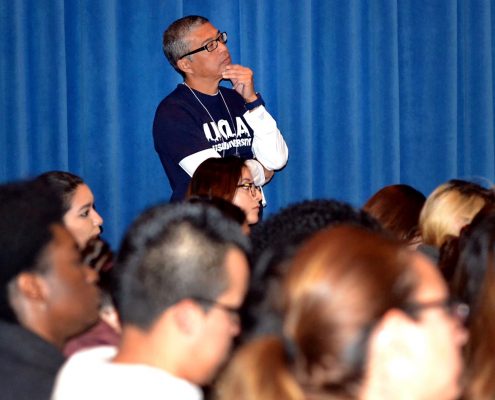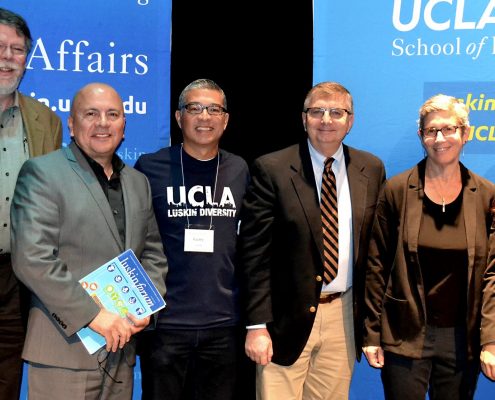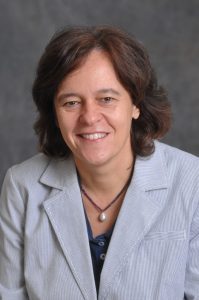2017 Gilliam Winners Tackle Issues of Inequality Recipients tell how the Franklin D. Gilliam, Jr. Social Justice Award will benefit and create opportunities for their research projects
By Yasaman Boromand
The 33 recipients for the second Franklin D. Gilliam, Jr. Social Justice Award have been announced. Classified in 10 projects of various topics, these scholars’ outstanding research, some done singly and some in teams, reflect the legacy of UCLA Luskin’s dean emeritus.
The program supports student research and community projects with a racial equity focus. The goals are to encourage students to analyze how racial equity intersects with other complex policy issues, to work with community-based organizations and real world clients, and to show that the School and the faculty intellectually value research and community projects that focus on race.
The program is infused with probing analysis of the roots and branches of inequality, at home and abroad, and the students embrace their roles as agents of positive change.
The winning project by Gus Wendel, a second-year master of urban planning student, sheds light on the issue surrounding LGBTQ individuals’ feelings of comfort about being themselves in public. Wendel employs an intersectional approach to examine the various physical and social characteristics of public spaces, as well as participants’ other characteristics including race, age and class.
“There has been a lack of discussion around this issue, specifically LGBTQ issues, in urban planning,” Wendel said.
Wendel’s interest began from thinking about displays of public affection, how those displays are masked and under what circumstances.
“Having to navigate those feelings in public spaces, even in more progressive cities that are considered LGBTQ friendly, is an issue for planners who seek to create a more inclusive public realm,” Wendel said.
Part of Wendel’s research is participatory ethnography in which participants, using either a disposable camera, a video or another kind of documentation method of their choice, will get to go out and actually document the everyday spaces they come across.
“The award is providing really important assistance in terms of being able to fund those certain aspects of the work. It also helps with travel costs to go to different locations around the city to conduct interviews. I’m truly grateful for the support the award provides,” he said.
The project by C. Aujean Lee, a doctoral candidate in urban planning, seeks to understand how racial/ethnic place-making and neighborhood resources affect home buying behaviors and broader urban spatial patterns of inequality and intergenerational wealth. Through semi-structured interviews, Lee examines homeowners who live in white and ethnic neighborhoods in Los Angeles.
“I am interested in learning more about neighborhood segregation and racial/ethnic place-making as they simultaneously provide ethnic-based resources and may affect intergenerational wealth for several reasons,” Lee said.
Through personal experience and work with several immigrant-serving non-profits, Lee understands the significance these neighborhood and ethnic-based resources can have to improve housing outcomes and asset-building opportunities.
“At the same time, much of the scholarship on ethnic neighborhoods emphasizes how ethnic neighborhoods are associated with lower home values,” Lee said. “I am balancing these perspectives with my dissertation by focusing on middle- and upper-class Latino and Asian segregation patterns.”
“I appreciate that the Luskin School has this award. As academics in applied fields, our research should serve as a bridge between informing the larger public about issues in our cities and work to enhance the well-being and lives of its residents and promote the overall socioeconomic health of everyone,” she said.
Lucero Ramos, another master’s student in urban planning, examines the equity of educational services among youth living in affordable housing. The purpose of Ramos’ research is to investigate how supportive services serve as an educational tool among marginalized youth, ages 13 to 17, and promote educational equity.
“Growing up, I would see my parents work long hours and come home late after a hard day from work,” Ramos said. “Today, they each continue to work long hours and rent continues to increase faster than wages. I know many families struggle on a daily basis to pay off rent. The stress falls heavily on low-income families, veterans, homeless people, etc.”
Having worked as a site leader in the past, Ramos believes that housing is imperative for the well-being of a child’s developmental and social growth.
“When I connected with Jamboree, an affordable housing developer in Irvine and my client for my capstone, I knew I wanted to work on a project that intersected my narrative and my experience in the field,” Ramos said.
Ramos’ research complements existing affordable studies on how housing may alleviate economic obstacles.
“I wasn’t sure what this looked like until I started reading more on topics of after-school programs in affordable housing sites,” she said.
Studying an issue of a similar nature, the winning group project by four master’s students in public policy, Ahmed Ali Bob, Cameron Burch, Karen Law and Susan Y. Oh, evaluates the current policies of rent control and their effectiveness, and what is known as just-cause eviction in protecting the vulnerable communities in South Los Angeles.
“As is evident in the news headlines locally, we know that there is a serious lack of housing that is affordable for the average renter. Rent burdens are at an all-time high as well,” Law said. “These factors in conjunction with development pressures have put pressures on communities that are more vulnerable to being displaced,” she added.
With a new approach to gentrification and the possible displacement it causes, the project focuses on vulnerable groups such as low-income, minority renters who are at risk of being displaced and unable to afford the increasing price of rent driven by market demand.
“We look at the Rent Stabilization Ordinance that is in place in L.A., L.A.’s version of rent control, to see if it’s benefiting low-income renters either by keeping rents low, giving them more protections from unjust evictions,” Law said.
“The award has helped us with funding the transcription of our qualitative stakeholder interviews with various tenant advocacy groups, city officials and real estate professionals,” Law said. “It also helped us purchase a software extension for Excel that enables us to geocode addresses for rental units allowing us to map the data too,” she said.
“I personally think that the award has provided yet another simulation of a real-world experience we can all expect in our near futures. We are grateful for the support and the opportunity to have applied,” Law added.
According to Luskin’s description of the fellowship program, “the faculty review committee considers the intellectual/academic rigor of the project, the community impact and strength of the partnership, and how the project addresses racial equity.”
The other recipients are Delara Aharpour, Kasee Houston, Diego De La Peza, Eve Bachrach, Estefania Zavala, Kelsey Chestnut, J.C. De Vera, Jessica Noel, Sam Blake, Emma Huang, Barbara Spyrou, David Ou, Natasha Oliver, Takashi Omoto, Gina Charusombat, all master’s students in public policy; Xochitl Ortiz, Jacklyn Oh, Ryan Shum, Amman Desai, Julia Heidelman, Carolyn Vera, all master’s students in urban planning; Miya Chang and Matthew Mizel, doctoral candidates in social welfare; Lawrence C. Lan, a doctoral candidate at UCR. Recipient Antoinette Bedros is a joint MPP/law student.
